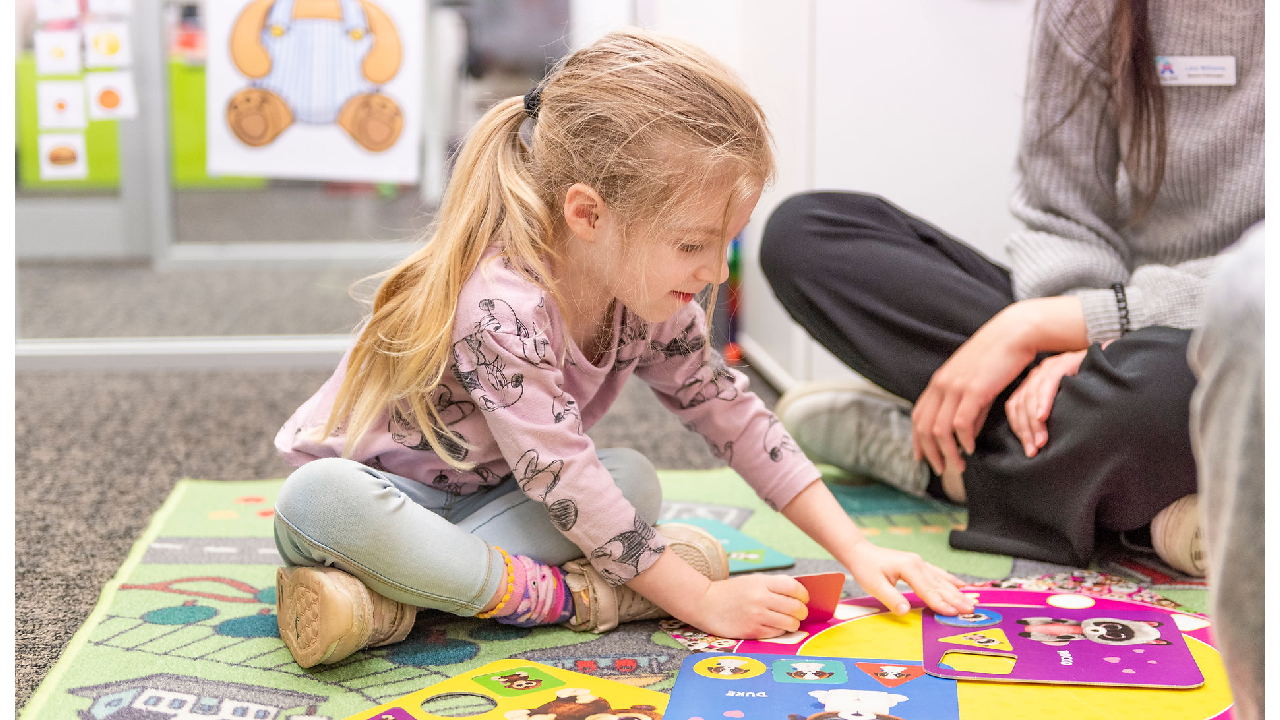6 Proven Benefits Of Early Intervention Speech Therapy For Your Child

Overview
Speech therapy is a crucial intervention for children who struggle with communication skills. Early intervention speech therapy, in particular, has been proven to benefit children.
In this blog post, we will explore six proven benefits of early intervention Adelaide speech therapy and discuss how it can positively impact a child’s overall development.
Improved Communication Skills
Early intervention speech therapy is vital in helping children develop better communication skills. Speech therapists use various techniques to facilitate language development, such as articulation exercises, language-building activities, and communication strategies. These interventions are tailored to meet each child’s specific needs, enabling them to express themselves more clearly and effectively.
Through Adelaide speech therapy, children learn to produce speech sounds correctly, expand their vocabulary, and improve their grammar and sentence structure. These skills are essential for effective communication in both personal and academic settings. Improved communication skills enhance a child’s ability to express their thoughts and needs and enable them to understand others better, fostering stronger relationships and connections.
Enhanced Academic Performance
Speech therapy can significantly contribute to better academic outcomes for children. Research has shown that children with improved communication skills perform better in school, as language skills are fundamental to academic success.
Practical communication skills are essential for reading comprehension, written expression, and critical thinking. When children can understand and express themselves clearly, they are better equipped to participate in classroom discussions, comprehend complex texts, and present their ideas confidently. By addressing communication difficulties early on, speech therapy sets the stage for improved academic performance and future success.
Boosted Social Interaction
Speech therapy plays a crucial role in helping children overcome social communication challenges. Many children with speech and language difficulties struggle with social interactions, finding it challenging to initiate conversations, maintain eye contact, or understand non-verbal cues. The speech therapy for early intervention addresses these challenges by teaching children essential social skills and strategies.
Speech therapists use techniques to promote effective social interaction, such as role-playing, social stories, and group activities. By practising these skills in a controlled and supportive environment, children gain confidence and become more adept at navigating social situations. Improved communication skills enable children to engage in meaningful conversations, make friends, and develop strong social connections, enhancing their overall quality of life.

Increased Self-confidence
Early intervention speech therapy can profoundly impact a child’s self-esteem and confidence. Language difficulties often lead to frustration and inadequacy, significantly affecting a child’s self-worth. Speech therapy addresses these emotional challenges by providing children with the tools and support to communicate effectively.
Therapeutic activities in speech therapy focus on building self-confidence through effective communication. Children are encouraged to express their thoughts and opinions, celebrate successes, and receive positive reinforcement. As children witness their progress and gain control over their communication skills, their self-esteem soars. This newfound confidence extends beyond communication and positively impacts other areas of their lives, including academics, social interactions, and personal relationships.
Better Emotional Well-being
Improved communication skills through speech therapy directly impact a child’s emotional well-being. Language difficulties can often lead to frustration, anxiety, and social isolation. By addressing these challenges early on, speech therapy helps children develop coping mechanisms and self-regulation strategies to manage their emotions effectively.
Speech therapists are trained to address emotional challenges related to language difficulties. They provide a safe and supportive environment where children can express their feelings and fears. Through therapeutic interventions, children learn to communicate their emotions, understand the feelings of others, and develop healthy coping mechanisms.
Parents often notice significant improvements in their children’s emotional well-being as they gain confidence and become better equipped to navigate social and emotional situations.
Long-term Success in Life
The impact of speech therapy for early intervention extends far beyond childhood. Studies have shown a correlation between Adelaide speech therapy and later success in life. By addressing communication challenges early on, children are better prepared for academic, personal, and professional pursuits.
Research has found that children who receive early intervention speech therapy have higher graduation rates, improved job prospects, and increased earning potential than those who do not. Practical communication skills are essential for success in various fields, such as business, education, and healthcare. Parents are setting their children up for long-term success and a brighter future by investing in early intervention speech therapy.
Early intervention speech therapy offers numerous benefits for children who struggle with communication skills. Improved communication skills, enhanced academic performance, boosted social interaction, increased self-confidence, better emotional well-being, and long-term success are all proven outcomes of early intervention speech therapy. If you suspect your child may benefit from Adelaide speech therapy, it is essential to seek professional help. Early intervention can significantly impact your child’s overall development and prospects.
Related Posts

